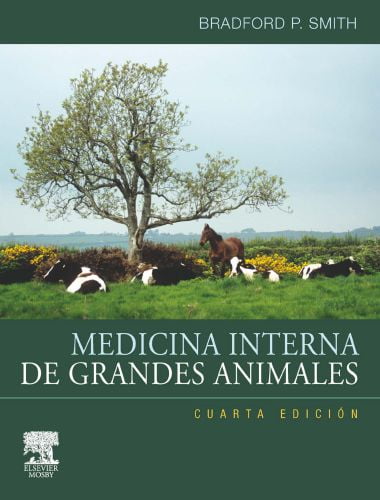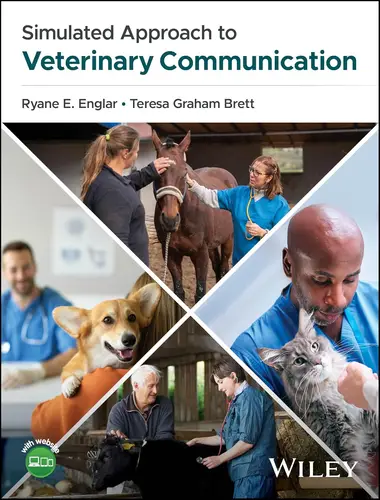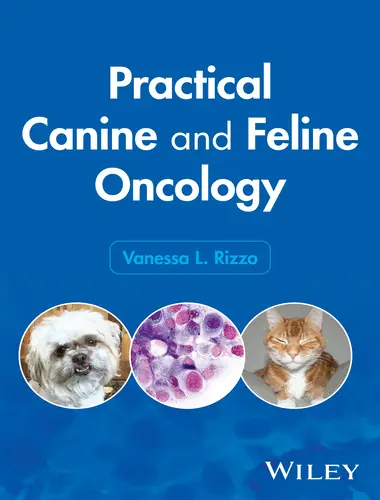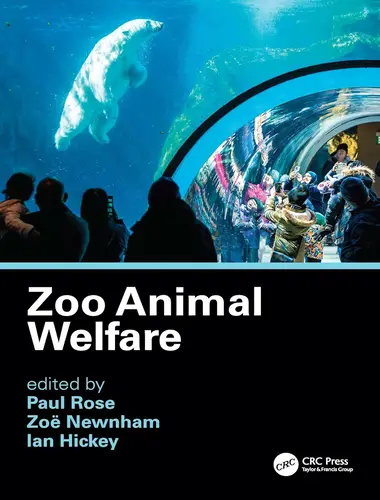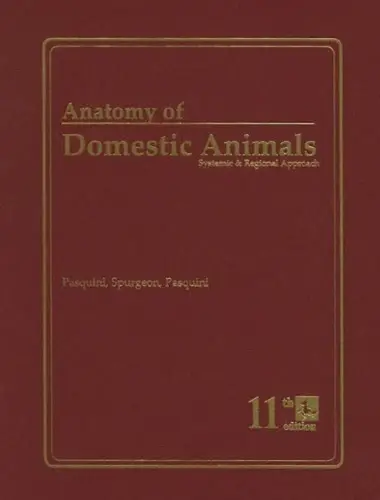Equine Science 5th Edition
By Rick Parker, Published: 2019, FileType: PDF

Featuring many new enhancements, Equine Science, 5th Edition, continues to expertly weave the scientific principles behind equine growth and development along with the practical matters of owning, caring for, and training horses, and even the aspects of managing an equine business. Appropriate for both general animal science and equestrian programs in secondary and post-secondary levels, this new edition provides the necessary background and the most current information to introduce learners to the equine industry.
s the title implies, the focus of these chapters is on science—more specifically, science as it relates to horses. Science represents the knowledge of horses gained through investigation, arranged logically and systematized. Wherever possible, the science of horses is integrated into the discussion so the learners will have a better understanding of reproduction, inheritance, development, growth, training, feeding, nutrition, aging, health, illness, and general management. Equine Anesthesia
Yet that is only the beginning. As we explore the rich culture and history of the equine industry in North America, we discover that the horses are indeed a valuable, if not essential, factor in the development and progression of our society.
- Aligns to National Agriculture, Food and Natural Resources (AFNR) Standards for Animal System ”Each chapter opens with correlations to the National AFNR Animal Systems Standards, linking content to the knowledge and skills essential to preparing students for success in the industry. A complete correlation to the AFNR Standards is also included in Appendix D for easy reference.
- Strengthens Math and Science Skills ”Math Connections” and ”Science Connections” are integrated throughout the chapters linking the equine industry to math and science concepts and reinforcing learning across the curriculum.
- Reports Current Statistics—The latest information from trusted sources, such as the United States Department of Agriculture (USDA) and the Food and Agriculture Organization of the United Nations (FAO), reflect the status of the industry and provide context for topics presented in the chapters.
- Discusses Current and Relevant Topics—New and expanded information on current practices and advancements are included, such as the horse genome project, DNA testing, RFID, planning for facilities, QR codes, and more.
- Provides New Listicles—Various new informational tables for aspects of managing the health and nutrition of horses, as well as training, riding, and showing horses, and managing an equine facility, are included as handy references for learners.
| File Size: | 92 MB | |
| Download Link: | Click Here | |
| Password: | PDFLibrary.Net (if Required) | |

